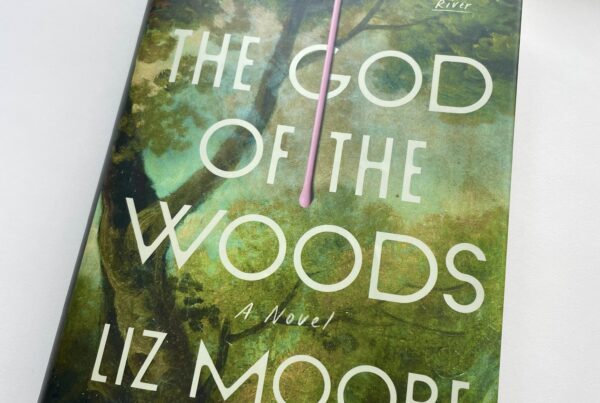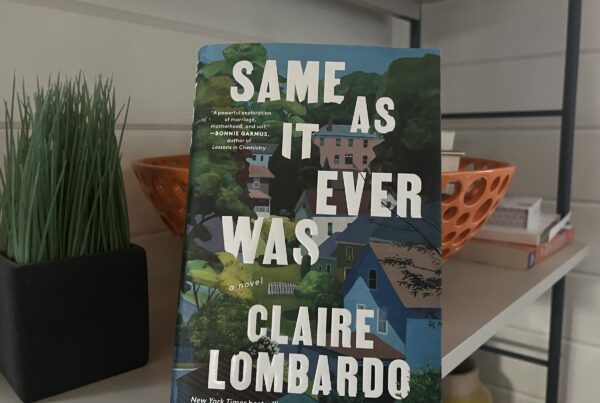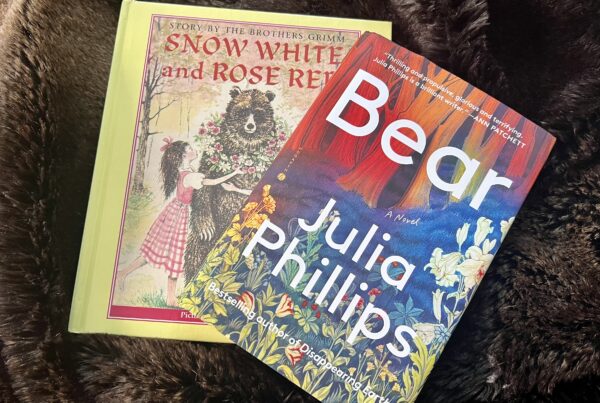Perhaps it is the complicated times in which we find ourselves, but I took great pleasure in reading Harry’s Trees by Jon Cohen, a story with a happy ending that is, more or less, straightforward and satisfying. A fairy tale about a fairy tale, the characters are versions of familiar archetypes: unlikely heroes, detestable villains, innocent prophets and wise women — and treasure, of course. The book was recommended to me by one of my favorite independent booksellers at Otto’s, my favorite independent bookstore in Williamsport, PA, shortly after the unexpected death of my dear friend, Jane. Jane was the one who always recommended new titles for me to read, and I recently sought to escape my sorrow in reading about Harry and his woes.
Death changes us, even in fiction. We never get over the loss of someone we lose, but in Harry’s Trees, after a long and aching time, Harry finds a way to stumble forward. We grieve forever, but the luckiest among us carry the ones we’ve lost into our futures with us. In this lovely novel, the death of his wife — hardly a spoiler since it happens in the fist pages of the book — sends Harry deep into the woods. He is in flight, trying to outrun his grief, but it is the trees, themselves, that help to heal him.
Trees, rooted and stretching high, remind us of our smallness, our fragility. Trees hold mystery and history and something elemental. Time spent in their presence, Cohen suggests, helps us to heal. Whereas Thoreau said, “I went to the woods because I wished to live deliberately…” Harry does not go to live deliberately; he goes to hide. Along the way, however, he challenges himself to face his fears, to climb higher and higher on slender branches, and in this quest, this test of courage, he finds purpose and builds strength. Harry faces his fears, gains strength and forges a friendship with Oriana, a little girl mourning the death of her own father. Oriana believes that she and Harry are destined to follow the plot of a fairy tale she has read in an old, old book lent to her by the ancient librarian, who mourns the short-sightedness of the town that will not invest in their tumble-down library. Oriana’s practical mother, a nurse, is dismayed by her elfin child’s obsession with fantasy, but if the librarian is a kind of benevolent witch, then Amanda is, of course, a healer.
Harry’s Trees reminded me to take notice, to look harder at the landscape I so often take for granted in my own daily walks with my dogs. I recognized Cohen’s gorgeous descriptions of the forest in which Harry sought solace in Northeastern Pennsylvania — the Endless Mountains, a place where I have spent every summer of my life, rich in primeval forests. It’s always fun to read books about places we know well, and every now and then, I crave having a happy ending and take satisfaction in slimy villains being punished — Rumplestiltskin-like. I am a fan of romance, of the tender vulnerability all kinds of new love presents. Grief-stricken characters, a secret tree house, a huge amount of money, distributed by Harry and Oriana to the deserving poor — there is much to love about this simple, elegant fable about goodness in the woods.




